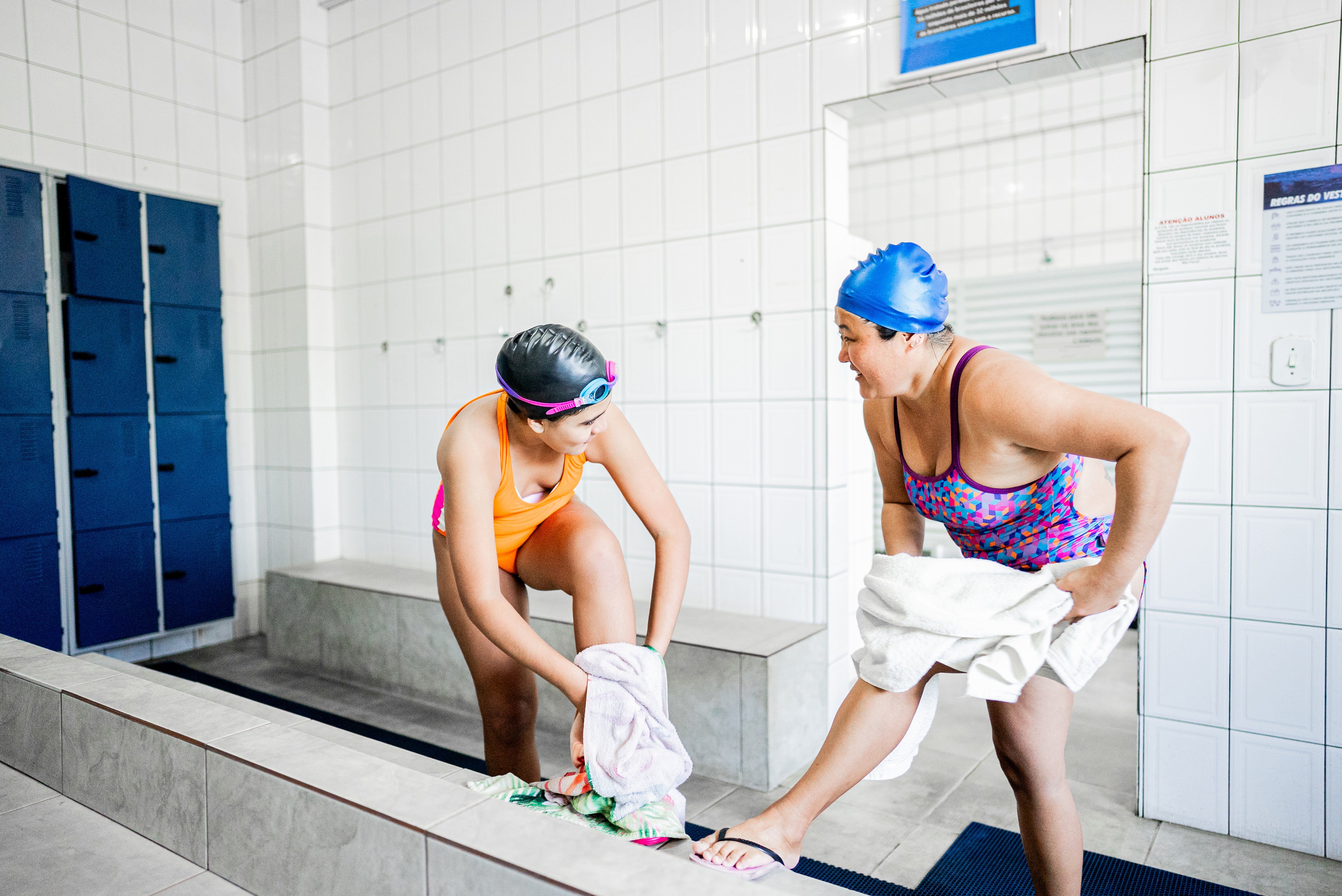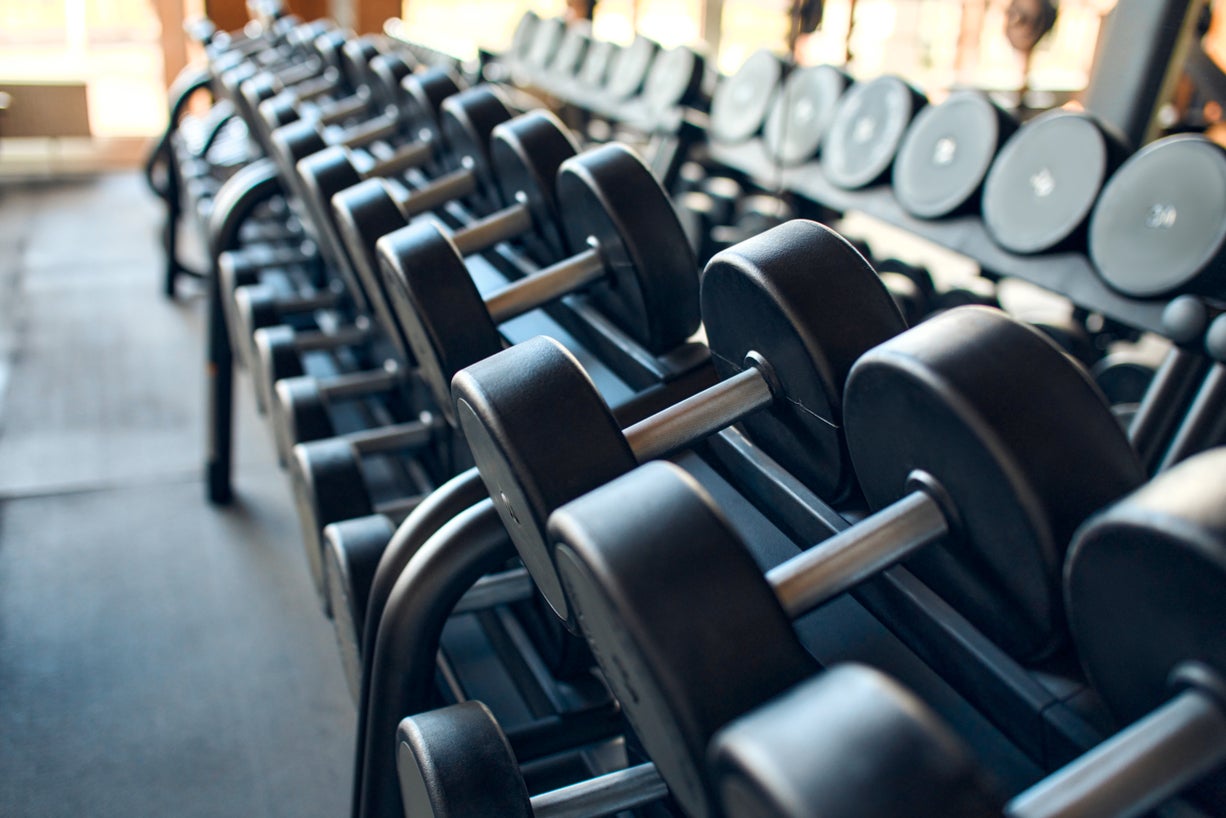Your support helps us to tell the story
From reproductive rights to climate change to Big Tech, The Independent is on the ground when the story is developing. Whether it’s investigating the financials of Elon Musk’s pro-Trump PAC or producing our latest documentary, ‘The A Word’, which shines a light on the American women fighting for reproductive rights, we know how important it is to parse out the facts from the messaging.
At such a critical moment in US history, we need reporters on the ground. Your donation allows us to keep sending journalists to speak to both sides of the story.
The Independent is trusted by Americans across the entire political spectrum. And unlike many other quality news outlets, we choose not to lock Americans out of our reporting and analysis with paywalls. We believe quality journalism should be available to everyone, paid for by those who can afford it.
Your support makes all the difference.Read more
Britons have been urged to avoid sharing towels or razors as officials closely monitor an increase in cases of superbug MRSA being contracted in places such as gyms and health clubs.
A total of 175 people were infected outside of hospitals between January and March this year, up 47 per cent from 119 community-onset cases in the same period in 2019.
At the same time, those catching the superbug are getting younger, with almost a quarter of patients recorded as under 45 in 2023-24, compared to just one in 10 in 2007-08.
The UK Health and Security Agency said while it’s too early to conclude whether or not the rise represents a “sustained shift”, they are monitoring infection rates closely to understand the underlying drivers.
In the meantime, community spread can be managed with good general hygiene, including regular handwashing and avoiding sharing items like towels and razors, officials said.
It comes after the US this summer issued a warning over MRSA being spread in gyms and changing rooms.
Officials from the US Centres for Disease Control and Prevention (CDC) said: “MRSA spreads fast in athletic facilities, locker rooms, gyms and health clubs because of shared equipment and skin-to-skin contact.”

open image in gallery
An expert from UKHSA said people should practise good hygiene and avoid sharing towels and razors (Getty)
Overall rates of MRSA in England have been steadily increasing in recent years but remain historically low after large falls in cases between 2008 and 2012.
Infection rates increased by 4.1 per cent in the first three months of 2025 compared with the same period last year, and by 39.4 per cent compared with the same quarter of 2019, according to UKHSA data published last month.
Although cases in hospital have fallen, the statistical analysis warns: “In the past year, there were notable increases in the proportion of community-onset community-associated cases.”
This refers to cases where the superbug, whose full name is methicillin-resistant Staphylococcus aureus, was contracted outside hospitals or other healthcare settings. The data does not specify where in the community the bug was caught.
Colin Brown, a director of antimicrobial assistance and healthcare-related infections at the UKSHA, told The Times: “The overall risk of MRSA bloodstream infections to the public in hospital and community settings remains low [and] substantially below the last peak observed in the early 2000s.
“It is too early to conclude whether the current rise represents a sustained shift; however, the trend is being monitored closely through surveillance and analysis to better understand the underlying drivers. This will include further analysis of patient characteristics, such as residential type.
“Outbreaks of these infections in community settings can be managed through maintaining good general hygiene, including regular handwashing and not sharing items such as towels and razors.”

open image in gallery
The US Centres for Disease Control warned MRSA spreads fast in athletic facilities, locker rooms, gyms and health clubs (Getty)
Andrew Edwards, associate professor of molecular biology at Imperial College London, said those who catch MRSA in hospital tended to be older or already ill.
However, younger patients who catch it outside of hospitals are often in sports teams or gym users, which raises “a few red flags”.
“We need to keep a very close eye on whether we are seeing a lot more community transition of MRSA between otherwise healthy people … and watch to see whether this is a blip in the numbers or the beginning of a worrying new trend,” he said.
He urged gym users: “Check yourself carefully and be aware you might have abrasions that are not immediately obvious. If you do have any, cover those and just be aware.”
